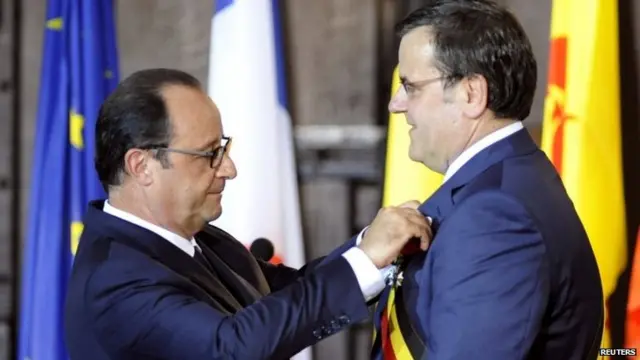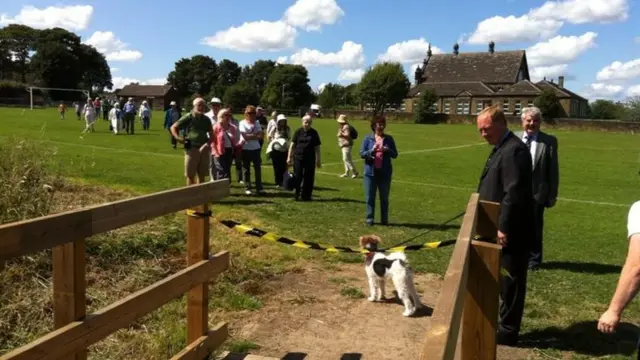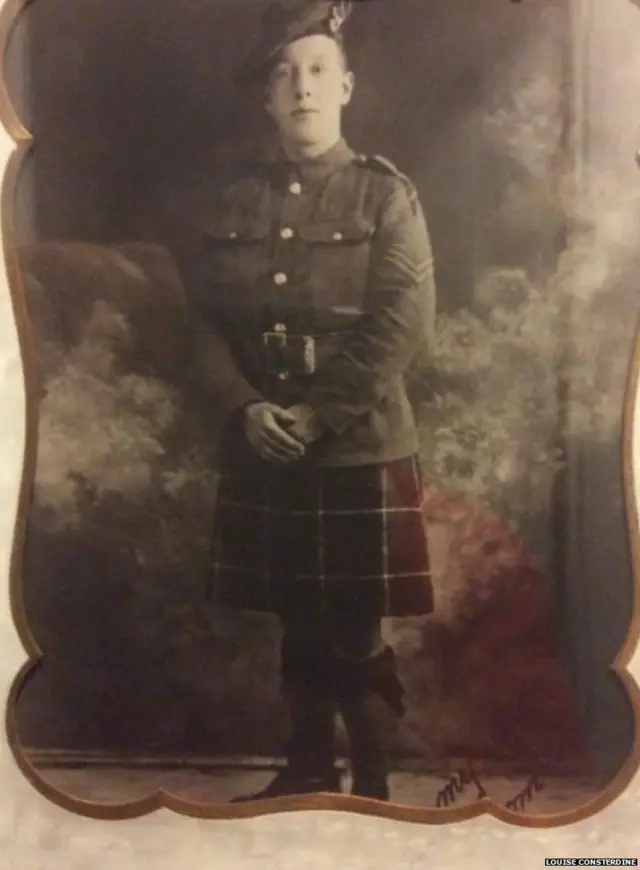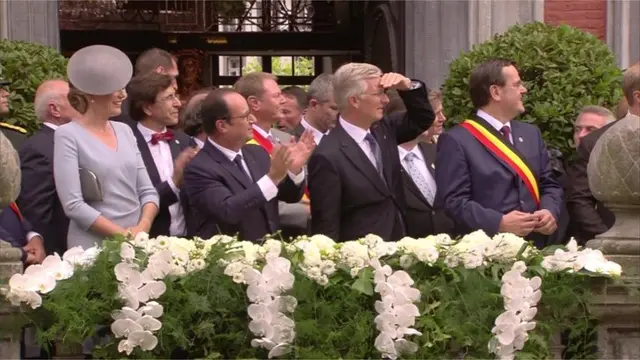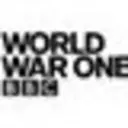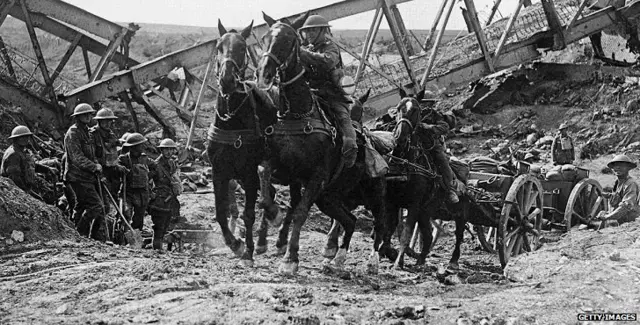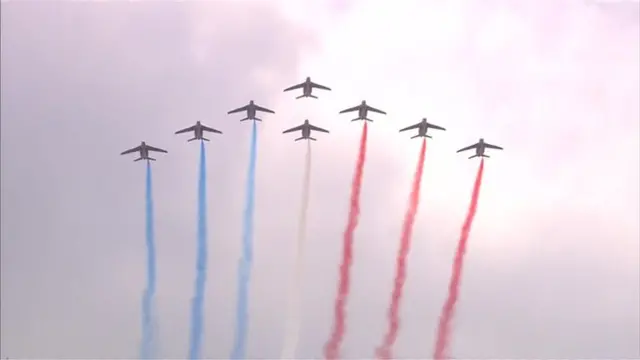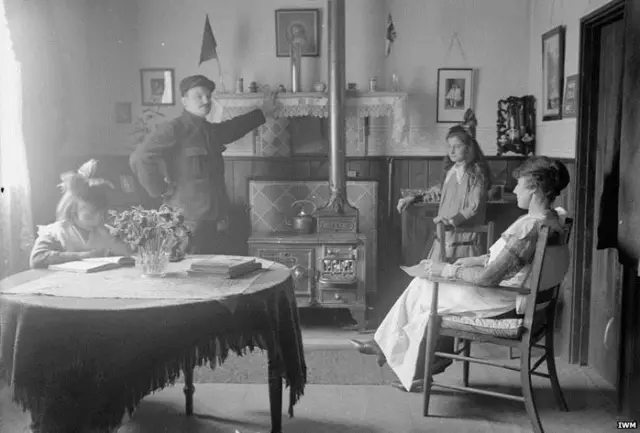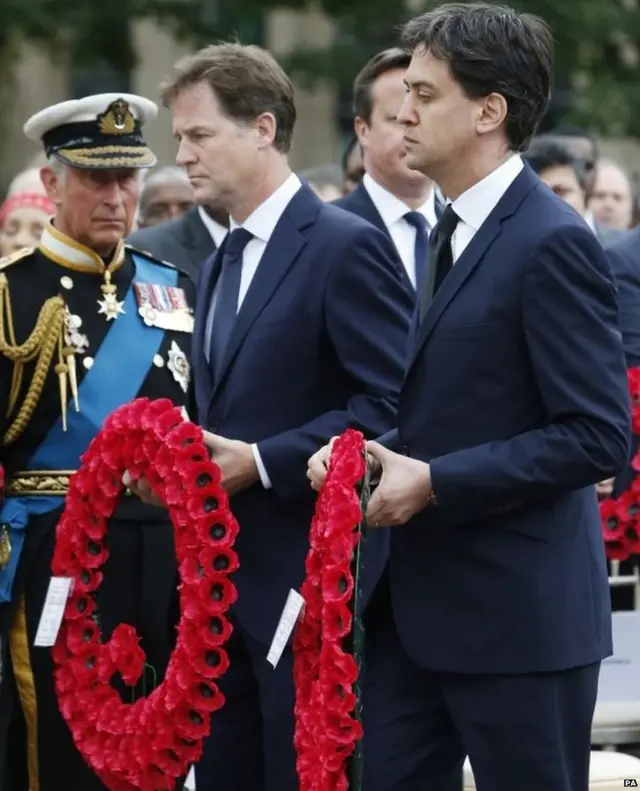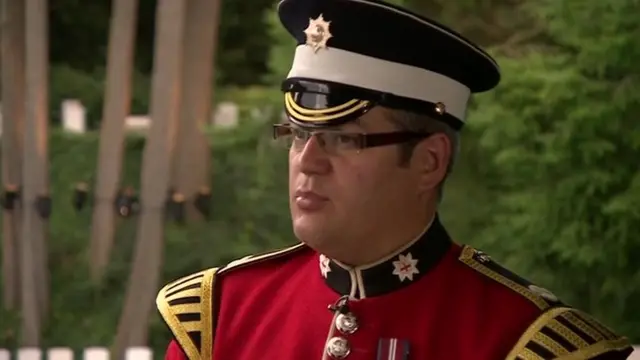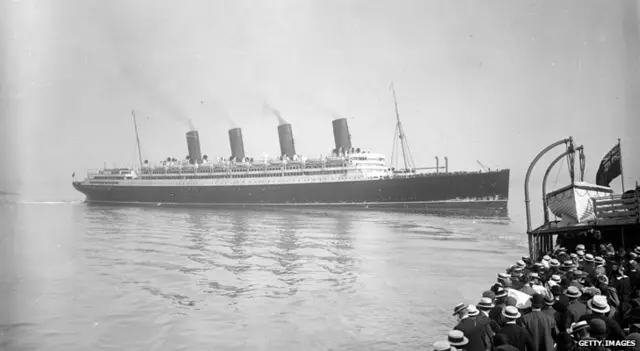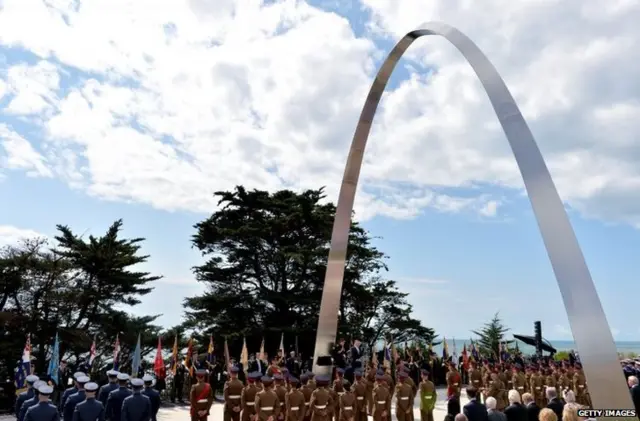Get involvedpublished at 16:33 BST 4 August 2014
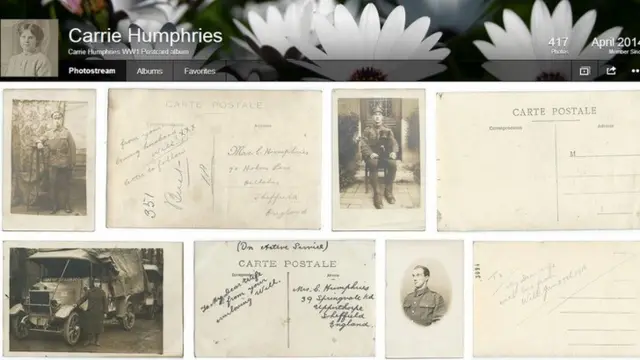 Image source, family of Carrie Humphries
Image source, family of Carrie HumphriesCarrie Humphries' grandson contacted the BBC to highlight her collection of postcards, external from the war on Flickr. He said: She married my grandfather just before he went to war. The album is of all the postcards he sent her whilst away. It also contains pictures of his regiment etc. He was an ordinary soldier from Sheffield who was in the Army Service Corps. I just think it's unusual to see an album of postcards from one soldier all the way from 1915 - 1919.
